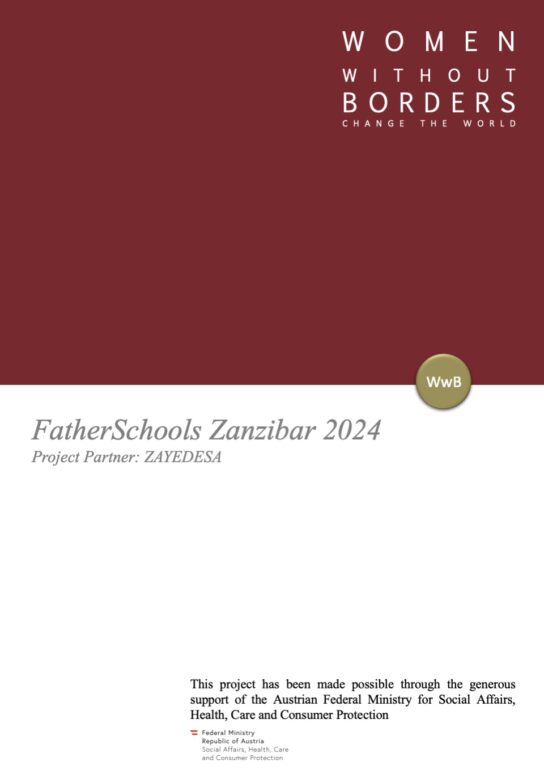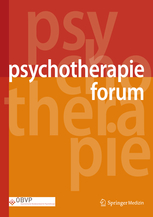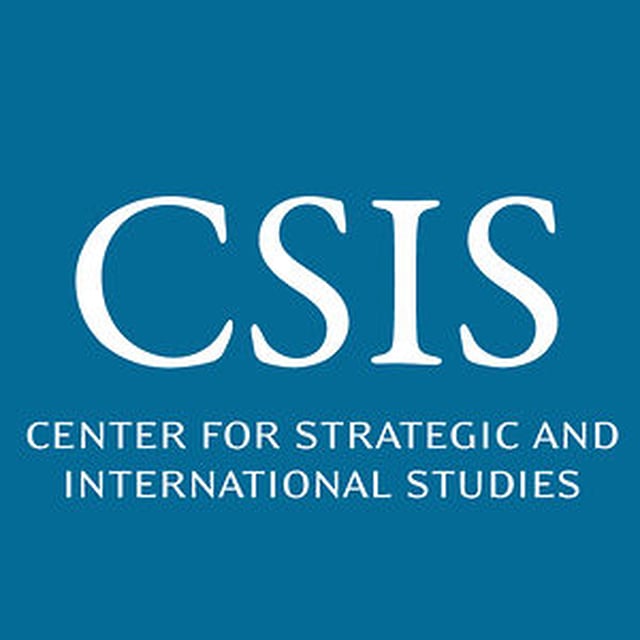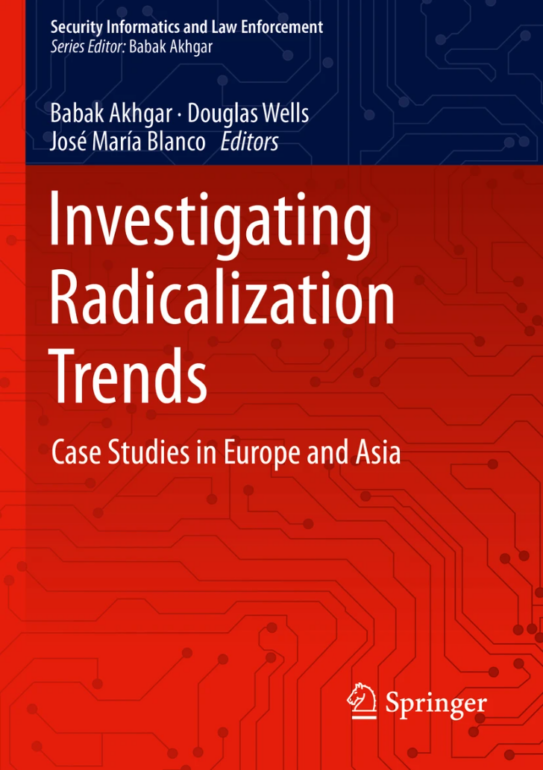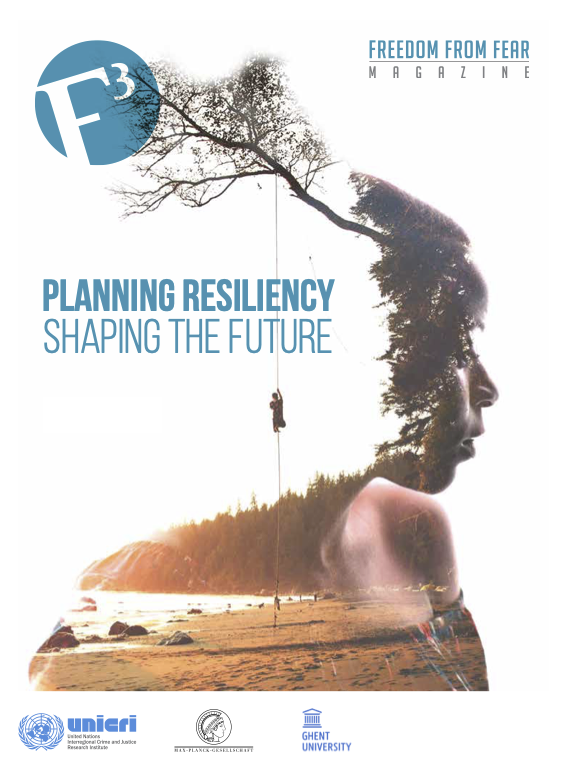Kashmir is a highly volatile region where civil unrest and police brutality have become part of everyday life. While young men in particular have proved susceptible to the temptations of violence and militancy in Kashmir, this topic remains largely taboo within the home and the wider community. Following Women without Borders’ (WwB) ‘Mothers MOVE!’ fact-finding mission, which probed the potential of mothers to play a role in preventing violent extremism, WwB set up twelve MotherSchools groups in Kashmir between 2013 and 2016. These groups aimed to encourage solidarity between mothers and build their capacity for active parenting and prevention. In the spirit of the organisation’s ‘Men Included’ philosophy, WwB also convened four ‘Father and Son’ workshops in order to encourage men to break the silence over violent extremism, and to express support for the violence prevention efforts of their mothers and wives.
Since Britain’s withdrawal in 1947, Kashmir has been the site of a bitter territorial struggle between Pakistan and India. It is one of the most highly militarised areas in the world and there are frequent clashes between security forces and militant groups, including Islamist cells which have been actively recruiting in the area since the end of the Soviet-Afghan war. Young people in the region, severely limited by a lack of employment opportunities, often get caught up in violent activities, starting with pelting stones at Indian soldiers. That many youths have friends who were injured or killed by security forces encourages the temptation to join militant groups in no small measure. Even so, violence and extremism remain taboo topics in most families and communities. Parents often react to violent activities by scolding their children, rather than by allowing them to open up and express their frustrations and fears. Participation in dissident activities is a source of shame for parents, especially mothers, leading many to react angrily and aggressively towards rebellious children. As a result, young people are often left to cope with traumatic experiences and negative emotions alone, while parents lack the necessary knowledge and skills to intervene when their children are at risk of radicalisation.
Women without Borders (WwB) has worked on a number of peacebuilding and security projects in Kashmir, India, and Pakistan. These projects have focused on facilitating inter-cultural dialogue and promoting female empowerment as a tool for preventing violent extremism (PVE). With women being particularly underrepresented in preventing and countering violent extremism (P/CVE) efforts, WwB has sought to change this by providing mothers with the confidence and capabilities necessary to intervene in the lives of at-risk children. MotherSchools Kashmir was among the first WwB Parenting for Peace programmes to be established, and it helped to form the foundation for a programme that has since been implemented across the globe and become recognised as a good practice approach by the international P/CVE community.
MotherSchools Kashmir was launched in Srinagar in November 2013, following a fact-finding mission that had a half year prior. As is the case of other parts of Kashmir, the radicalisation of young men is a serious problem in Srinagar, where the population is exposed to both religious violence and other forms of sectarian strife. However, the number of attacks in Srinagar is comparatively low and the area is relatively stable, making it an ideal launching site for MotherSchools Kashmir.
The first round of MotherSchools proved to be a great success. Participants were encouraged to speak about and reflect upon their experiences with violence, civil unrest, and raising children in a volatile and often dangerous environment. It was a rare opportunity for mothers to speak about their own lives and how they could bring change to their families and communities. Discussions ranged from the violent clashes between Pakistani and Indian cricket fans to upcoming elections and the civil unrest that accompanied them. The women exhibited increased self-confidence and deeper insight following the programme, with many moving from a state of paralysis in the face of their problems to analysing them and reflecting on possible solutions. Many reported tangible changes in family dynamics, including better communication with their children and husbands, increased self-confidence, and a greater sense of autonomy. Though the programme is based on developmental psychology, one participant ventured to suggest, ‘MotherSchools is like magic’.
The success of the MotherSchools in Srinagar demonstrated the effectiveness of the Model and emphasised the need in Kashmir for projects that help women enact change in their own lives. Women without Borders therefore decided to extend the programme to more vulnerable and isolated Kashmiri communities, and thus to mothers living and raising children in Kupwara, an area of scattered villages near the epicentre of the conflict in the Kashmir valley.
Parenting for Peace with mothers in Kupwara demanded adapting to a new set of challenges. In Kupwara, being more conservative than Srinagar, women rarely have the opportunity to express their opinions. Instead, they tend to suppress worries and concerns, meaning that many of the mothers taking part in the MotherSchools found it difficult to put the challenges faced by the women in their communities into words. Gentle probing and encouragement over the first few weeks of the programme were necessary to fully understand the forces at work in Kupwara, and to help the women open up. The MotherSchools Teachers gradually built trust and established effective channels of communication within their groups, which aided them in facilitating discussions around violent extremism designed to help participants identify problems and solutions in their own families and communities. The MotherSchools environment, acting as a safe space, enabled participants to address family and community issues such as gangs, domestic violence, drug abuse, and marriage. Ultimately, this allowed the mission MotherSchools to unfold in full, encouraging communication, building self-confidence, and building awareness of a mother’s own power to drive change. MotherSchools is testament to the fact that this can be achieved even is areas where participants are not initially receptive.
With Women without Borders recognising the importance of working with those who come into direct contact with violent extremism, the subsequent round of MotherSchools focused on mothers whose children already were involved in violent activities. These sessions took place in Srinagar and delivered much-needed knowledge to thirty mothers parenting on the frontlines of the conflict in Kashmir. Over the course of two months, the mothers gained self-awareness and a sense of agency, as well as parenting skills to help them communicate more effectively with their children and address violent behaviour. This MotherSchools generation also allowed WwB to gain a better understanding of the needs and concerns of parents and children living in areas of acute unrest.
Upon graduating from the programme, the Srinagar and Kupwara participants directly affected by violent extremism were invited to take part in a therapeutic art workshop. Rather than aiming to create an artwork to be displayed, the women were encouraged to work with the paint instinctively while they talked of loved ones whom they had lost and the difficulties they had experienced. Having rarely had the opportunity to reflect on their emotions and to express them through creativity, many of the women remarked how moving they found this experience and how psychologically beneficial the activity had proved.
Over the course of four years, MotherSchools Kashmir saw the founding of twelve MotherSchools groups in Srinagar and Kupwara. The programme engaged mothers with Hindu and Muslim backgrounds and increasingly focused on women whose children were directly involved in violence. By creating communities and support networks for women and mothers who had previously felt isolated, the MotherSchools programme provided a vital foundation for women to unite and become forces for change in Kashmir.
When the MotherSchools were first introduced to Kashmiri communities, WwB found that some men appeared to be wary of the programme and were reluctant to allow their wives to attend. In order to address this ambivalence and in the spirit of the organisation’s ‘Men Included’ philosophy, WwB also developed and convened four ‘Father and Son’ workshops, giving male members of the community the opportunity to begin communicating their fears and frustrations regarding violence in their communities. These workshops encouraged men to break the silence over violent extremism, and to express support for the violence prevention efforts of their mothers and wives. and to probe men’s perceptions of the MotherSchools and of violent extremism in general, WwB organised four Father and Son Workshops during the second round of MotherSchools in Srinagar.
Participants in the ‘Father and Son’ workshops were aged 14-20 and 45-55; half were family members of MotherSchools participants and the other half members of the wider community. Many of the men were reluctant to speak at first, particularly the young men who had been involved in extremist activity and feared repercussions. Yet after some gentle persuasion from the MotherSchools mobilisers, the men began to share their experiences and views.
Conversations at the Father and Son Workshops fell roughly into three main categories. First, many of the men expressed frustration at the lack of opportunities available to them in Kashmir. Young men, particularly young professionals, frequently struggle to find work, leading to frustrations over having to rely on their families for support and pushing many to take part in rebellious activities. Participants also reflected on the impact of stereotypes of men as ‘violence-lovers’, suggesting that such notions are limiting and that many men merely desire the opportunity to pursue a prosperous life, something which has been denied to them due to regional instability and enduring conflict.
Another significant topic of conversation centred on a lack of communication within the family unit. The taboo topic of stone-pelting proved to be a particularly close to their hearts, since it has become manifest as a common activity for young men in Kashmir that acts as a gateway to more serious forms of violence. The participants took note that instead of acknowledging this behaviour as the symptom of a deeper problem and trying to address it, their mothers would simply scold them for taking part; a reaction that they deem as unhelpful and potentially alienating. The participants also discussed the link between parental pressure and the mounting frustration which sometimes leads boys to start pelting stones. Overall, the young men expressed a desire for a better relationship with their parents and open communication around topics such as violence.
Finally, participants reflected on the lack of political solutions and the violence of the frequent political protests. One young man recounted the story of the 2010 protests in which he had partaken, during which many boys were killed by security forces who faced no legal repercussions. The participant was himself arrested and tortured, resulting in injuries that prevented him from attending school for two years. In the face of tensions between law enforcement and the general population, and with few employment prospects, the Kashmiri men asked, ‘How can one not get frustrated?’
Overall, the Father and Son workshops proved extremely useful for WwB, paving the way for future WwB projects aimed at men. Above all, they provided invaluable insight into the lives of young men who are vulnerable to violent extremism. Understanding the reasons behind their frustration, aggression towards their parents, and decisions to participate in rebellious activities has not only helped to lay the foundation for Women without Borders’ other ‘Men Included’ activities; it also proved key for MotherSchools participants in the process of guiding their children away from a life of crime and violence.

